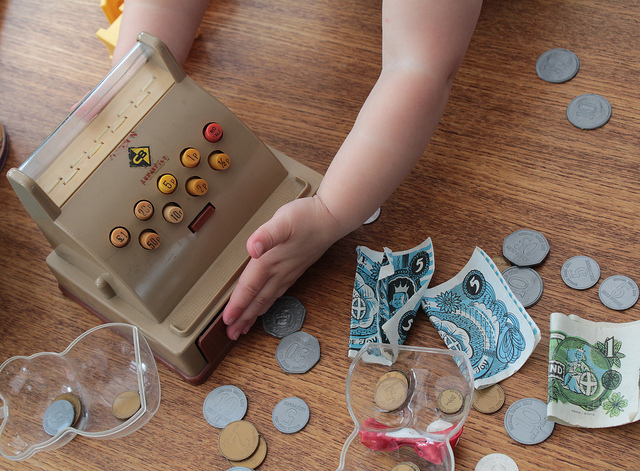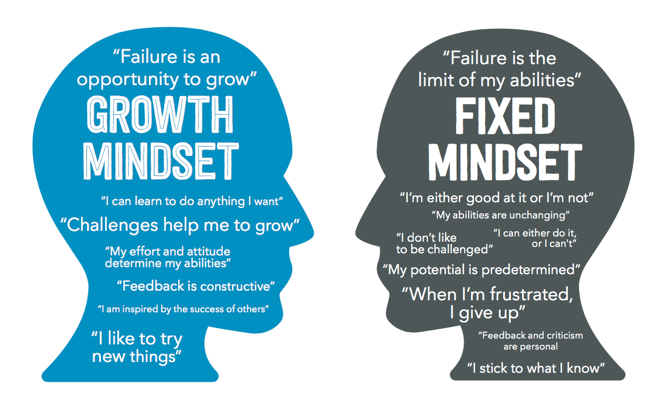Accounting, law, HR, recruitment- not the most exciting of topics. No child dreams (I don’t think) of sorting out a company’s auto-enrolment in their day to day work, or being a family solicitor.
Having said that, graduates who qualify with an accounting degree, are amongst the best paid of all graduates, and often carry on to have long and successful careers in the area.
The ICAEW reports that you can expect to be making £45,000 on qualification, while the average earning potential of ICAEW chartered accountants in business, six to nine years after qualifying is £85,900 (£71,600 salary + £14,300 bonus).
Note – to be a fully qualified accountant, you will normally require around 3 years of work experience.
Even if your child or student, does not end up following the golden-career-path of accounting, he or she will still benefit from an understanding of finance, an appreciation of money and a solid grasp of Maths.
Maths can lead to careers in computer programming, data analyses and even teaching!

Introducing Children to Money
You can introduce a young child, aged 2 or 3 to money, just by teaching them the names of the coins and notes.
Then of course, you can also ‘play shop’.
- Get some fake money (or some real, up to you!)
- Find some items to ‘sell’
- Set up a ‘play’ store complete with signage and a catchy name
- Give each item a price
- Hand out the fake money to family
- Close up when everything is sold, and count the profits!
For older children, you can even introduce the idea of overheads, running costs and profits.
Add in some marketing with some flyers and catchy slogans too!
Note – I also think it’s really important that children grow up understanding the ‘game’ of marketing. How companies and TV adverts try and convince or even trick us into parting with money…
Wants & Needs
This is a general lesson-for-life, but can be tied into finances quite easily.
The Desert Island game is great for this.
Have different items, represented by cut-out images on card.
From all the items – TV, Xbox, Tins of food, fishing rod, a shelter, designer jeans, water, toys, etc.
Get the child, or the students, to pick these they ‘need’, and afterwards explain why they need them.
You could take the game up a notch, by assigning each player a set amount of money, and giving each item a price.
“If you had £20 to buy items to live on a desert island for 5 years – what would you buy? Think about what you need rather than what you want”
In addition to games, you can also introduce the idea of saving money, and waiting to buy something that you want.
For example, try not to buy children something every time that you go into a shop, otherwise they will automatically associate the two. Discuss whenever possible, even in a queue at the supermarket – how it’s important to wait for what you want. And how you shouldn’t buy things impulsively.
Discuss whenever possible, even in a queue at the supermarket – how it’s important to wait for what you want. And how you shouldn’t buy things impulsively.
Pocket Money
Pocket money is a great way to introduce some kind of financial responsibility. You can give them pocket money for completing jobs and tasks around the house, or give them a set amount for lunch each week, and ensure that they understand how to budget for the entire week.
You can give them pocket money for completing jobs and tasks around the house, or give them a set amount for lunch each week, and ensure that they understand how to budget for the entire week.
Think creatively and you could even use pocket money as a way to introduce maths, and even Excel spreadsheets.
Fostering a Positive Attitude Towards Maths
Learned helplessness is a big problem for educators.
It’s important that children exhibit an ‘internal locus of control’
This is whereby a person understands that he or she are in control of their achievements.
They don’t blame external or permanent factors such as bad luck or just ‘not being good at maths’.
It’s also important for children to understand, that if you fail once at a maths-related task, that doesn’t influence or predetermine the outcome of a second maths task.
A perceived lack of control, can lead to ‘generalised helpless behaviour’ which has even been linked to anxiety and depression.
Reward children for working hard and not for ‘being clever’.
Positively reinforce and ensure they keep a growth mindset, rather than a fixed mindset in regards to learning maths.
Whenever a child exclaims “I don’t understand it”
Correct them, and get them to say with you “I don’t understand it, yet”
Introduce Accounting in High School
https://www.youtube.com/watch?v=HeVppgMuu0c
There’s a good chance that this won’t be taught in mainstream schools at any point.
Youtube is a great place to find lessons and tips for teaching accounting to children.
This will give them the opportunity to pursue the subject further if it’s something that they enjoy.
You don’t have to go to university to be an accountant. You can learn more about qualifying as an accountant on the prospects website.

